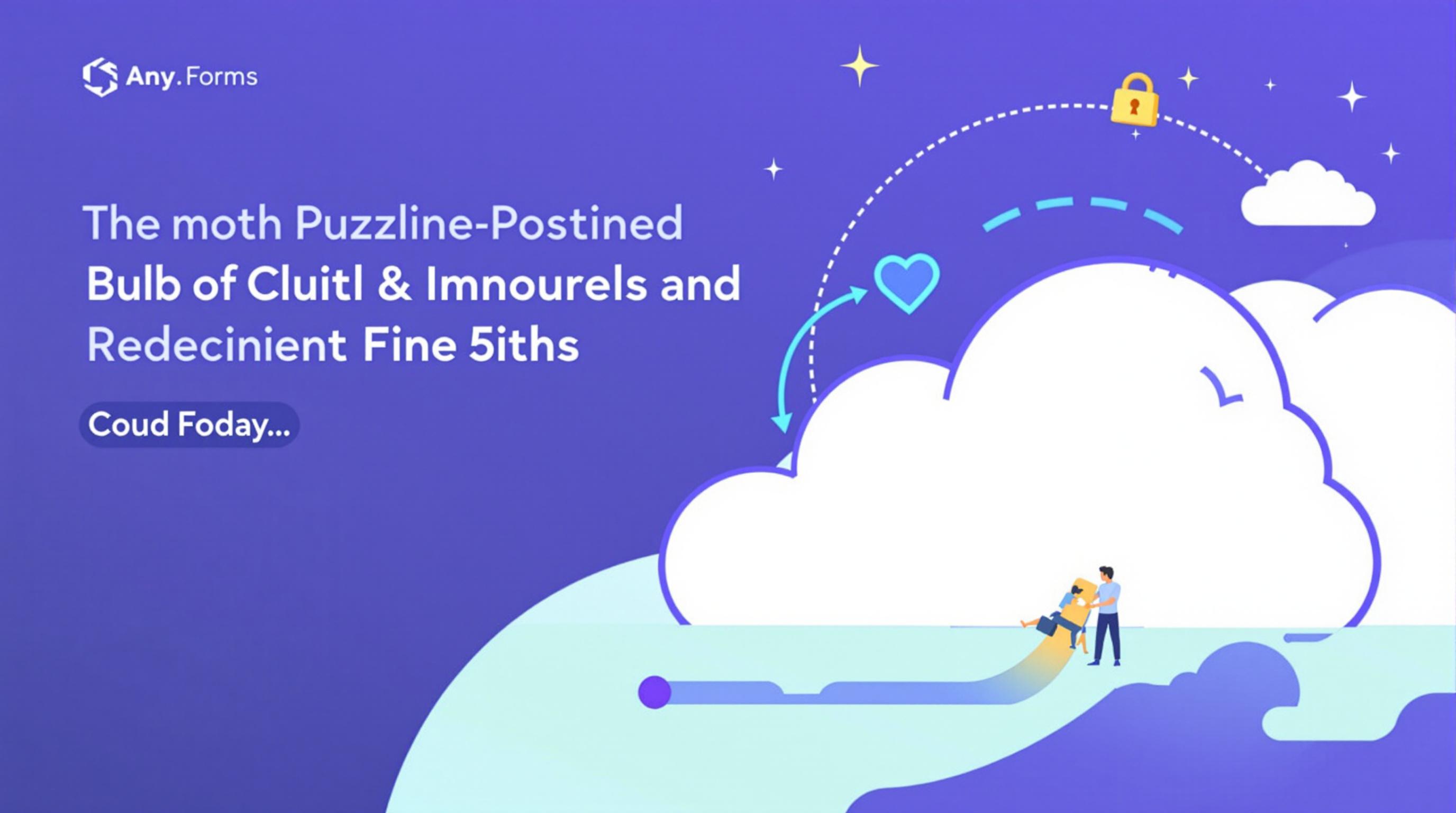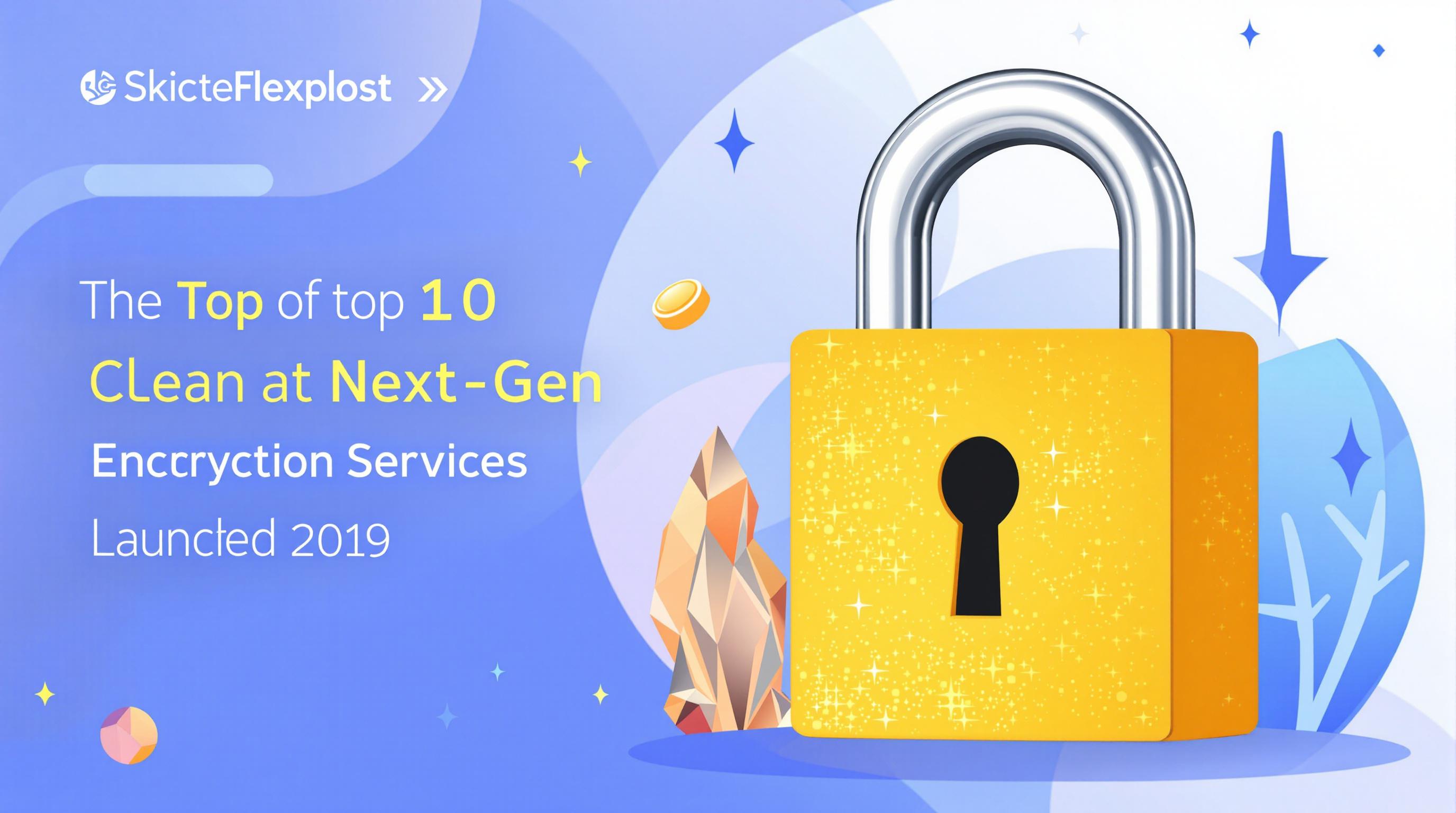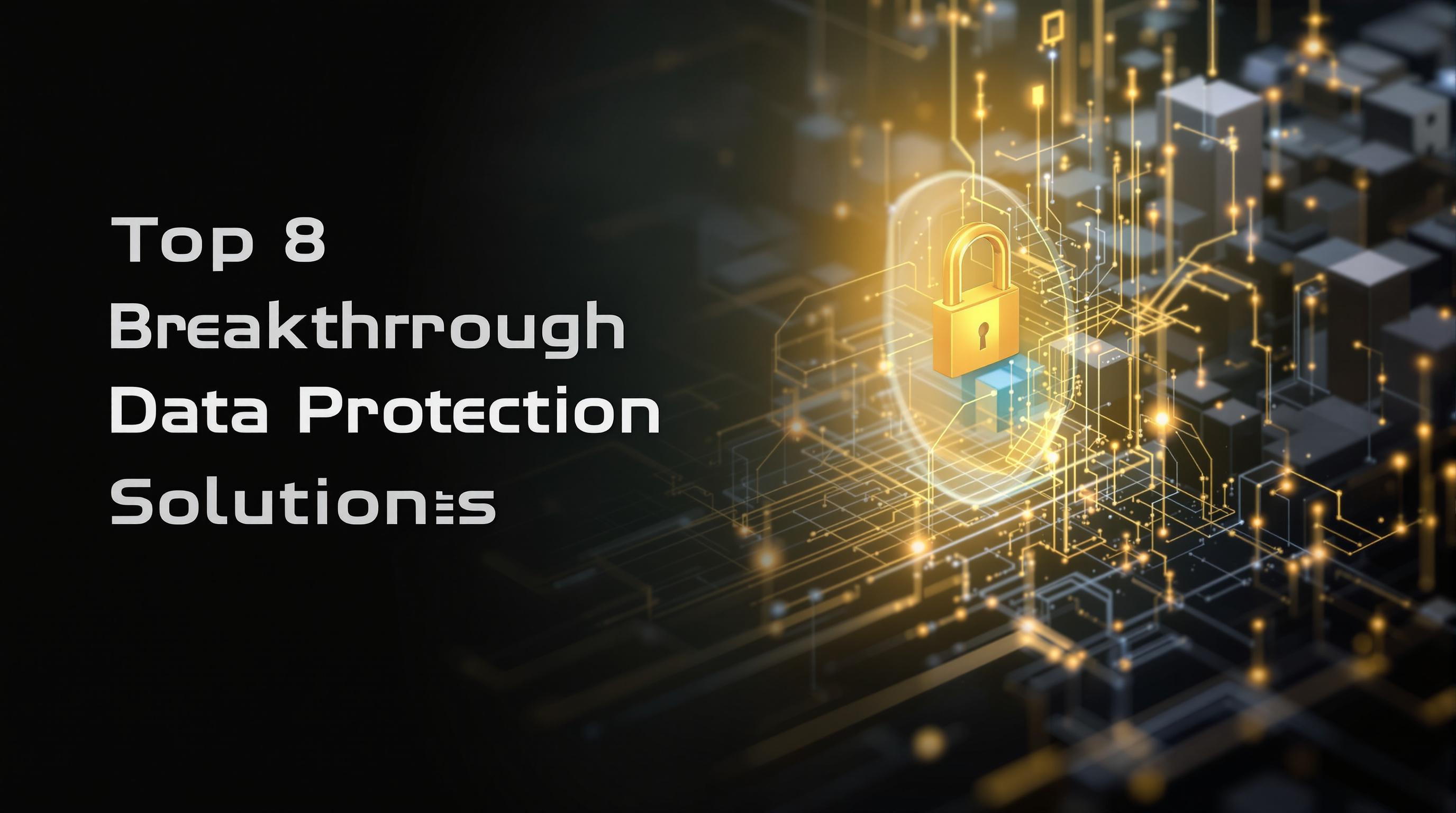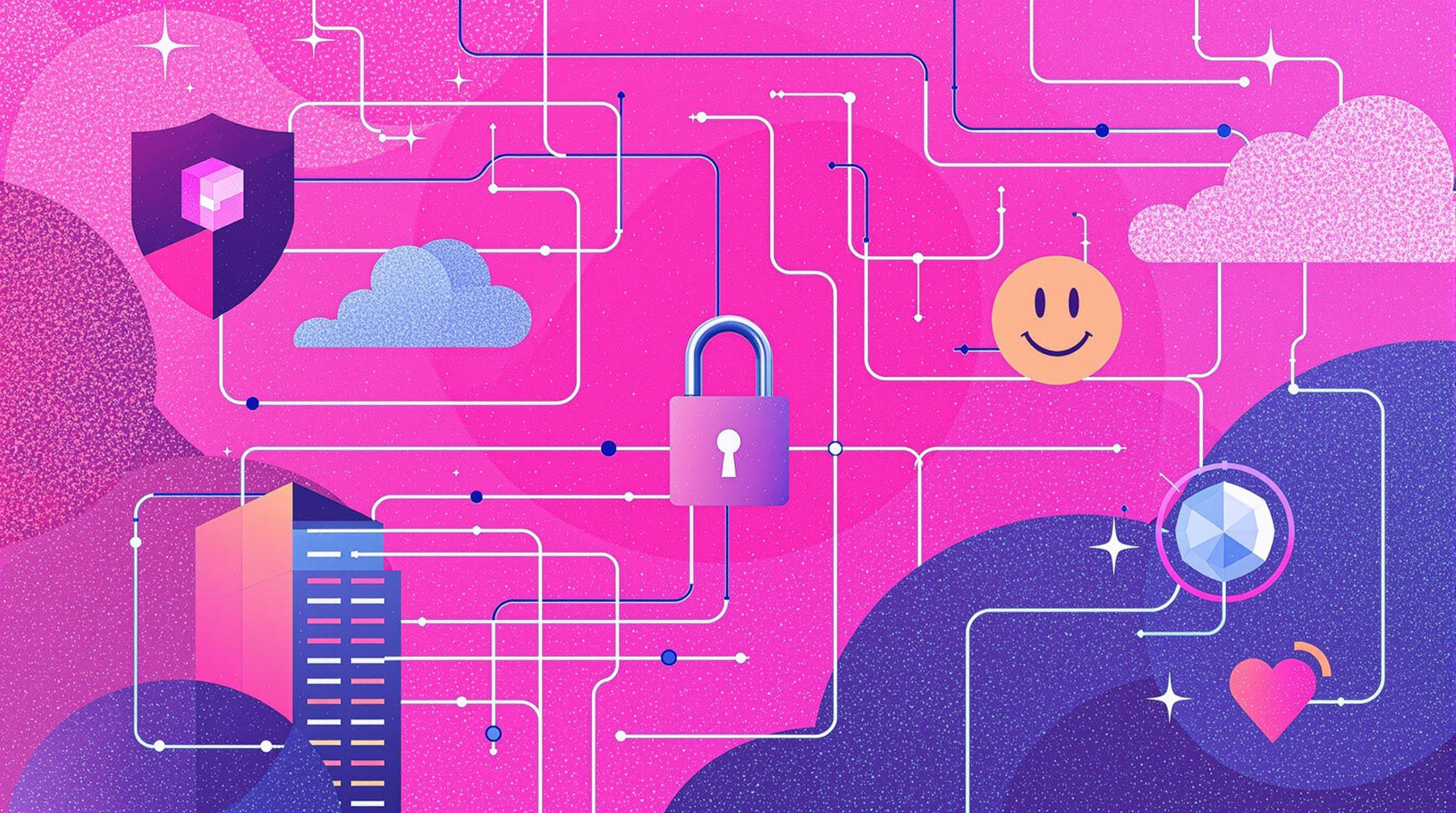Related Articles
- 7 Game-Changing Encrypted Messaging Apps Released Since 2019 That Redefine User Control
- Exploring Quantum Entanglement as a Future Layer of Protection for Connected Devices in Decentralized Networks
- Top 7 Privacy-Focused Cloud Backup Services Released Since 2019 That Redefine Data Control
- Exploring Psychological Barriers That Prevent Wider Adaptation of Dual Verification in Everyday Tech Use
- Top 6 Privacy-Focused Browsers from the Last Five Years That Outpace Giants in Speed and Security
- 6 Lesser-Known Identity Protection Gadgets From the Last Five Years That Actually Outperform Popular Brands
8 Innovative Cloud Privacy Apps from the Last Half-Decade That Redefine Data Control and User Autonomy
8 Innovative Cloud Privacy Apps from the Last Half-Decade That Redefine Data Control and User Autonomy
In the rapidly evolving landscape of digital privacy, eight innovative cloud privacy apps from the last half-decade have fundamentally reshaped how users maintain control of their data and assert autonomy over their digital lives. This article explores these pioneering tools through varied tones and structures to showcase their impact, features, and the future of personal data security.
Storytime: How My Data Almost Became Public—And How an App Saved the Day
It was a chilling night in 2022 when I, a 29-year-old freelance writer, realized my cloud storage had been compromised. Imagine my despair. All my unpublished manuscripts, personal photos, and sensitive documents floating in a digital ether, accessible to a faceless hacker. But thanks to Cryptomator, an open-source encryption app, I was able to lock down my data with end-to-end encryption instantly. The app is like a digital safe that ensures only you hold the key to your private files.
Cryptomator’s rise in the past five years highlights a broader trend of user-centric encryption tools making cloud data breaches less catastrophic. In fact, research by Cybersecurity Ventures estimates that cybercrime will cost the world $10.5 trillion annually by 2025, making these tools indispensable ([source](https://cybersecurityventures.com/cybercrime-damages-6-trillion-by-2021/)).
The Formal Breakdown: Understanding the Architecture of Privacy Innovation
Between 2018 and 2023, cloud privacy applications undertook significant technological leaps, incorporating zero-knowledge protocols, homomorphic encryption, and decentralized storage solutions to empower users. Notably, apps like Tresorit and ProtonDrive deploy zero-knowledge encryption, ensuring that the service providers cannot access user data, thereby aligning with the GDPR's stringent data protection mandates.
Tresorit, launched earlier but extensively updated during this half-decade, claims "zero access to your encryption keys," which essentially places data sovereignty firmly in the user's hands. Their client-side encryption architecture ensures data is encrypted before it even leaves the user's device, a critical aspect for professionals handling sensitive information.
Conversational Spotlight: “Why Should You Care About Your Cloud Privacy?”
"Hey, ever thought about where your selfies, documents, and spreadsheets actually live? Spoiler alert: somewhere on a massive server farm, often shared by thousands or millions," I’d say to any friend scrolling through social media. User autonomy in a cloud context means you get to decide who sees your data, where it’s stored, and for how long.
Consider pCloud, a cloud storage service that offers client-side encryption with its pCloud Crypto. A casual user might not know they have options beyond the default encryption baked into services like Google Drive or Dropbox. pCloud Crypto adds an extra shield and lets users selectively encrypt files, making it compelling for everyday users worried about privacy but overwhelmed by tech jargon.
Statistics Speak: The Growing Demand for Data Control
Did you know that, according to a 2021 survey by Pew Research Center, 79% of Americans are concerned about how companies collect and use their personal data? The last five years have seen a surge in privacy app downloads, reflecting a global awakening to data vulnerabilities. Privacy apps now boast a user base in the tens of millions, driven by increasing awareness of digital rights and data sovereignty.
The Persuasive Edge: Why Traditional Cloud Storage Fails You
Traditional cloud providers focus heavily on convenience but at the cost of privacy. Your data is stored in centralized servers, vulnerable to hacking, governmental subpoenas, and internal mismanagement. Apps like Sync.com disrupt this model by offering end-to-end encrypted storage, guaranteeing that even Sync’s own engineers cannot read your files.
Imagine your cloud storage as a mailbox that anyone can open, versus an indestructible safe that only you can access. Sync.com's approach prioritizes user autonomy, making unauthorized data access practically impossible even in breach scenarios.
Humorous Break: Cloud Privacy Is Like Wearing Underwear
You might not want to talk about it all the time, but you definitely don’t want to be caught without it. Cloud privacy works the same way—neglecting it might not seem urgent until, well, you’re the one exposed. So next time you’re logging into a free cloud account, remember that the "free" often comes attached with a "see your data" clause.
Case Study: How Nextcloud Reclaimed Control for Millions
Nextcloud offers an open-source, self-hosted cloud platform that empowers users to run their own privacy-centric cloud environment. Unlike SaaS models, Nextcloud lets you keep full control over your data physically and digitally. Organizations such as the European Parliament adopted Nextcloud, citing sovereignty, transparency, and compliance advantages over commercial solutions.
This paradigm shift toward personalization and decentralization underscores the user autonomy revolution, expanding beyond individual users to entire institutions aiming to protect sensitive information without relinquishing ownership.
Casual Chat: “Let’s Talk About TunnelBear’s VPN and Cloud Synergy”
So, you might be thinking, "What’s a VPN got to do with cloud privacy?" TunnelBear’s secure VPN service gained popularity alongside their development of integrated cloud privacy tools that create a layered defense for users. VPNs mask your IP address, making it tricky for prying eyes to trace your activity, while encrypted cloud apps handle data security.
This combo is increasingly favored by privacy enthusiasts and everyday users alike, especially given that mobile cloud usage surged 50% between 2018 and 2022 ([source: Statista](https://www.statista.com/statistics/mobile-cloud-computing-users/)). Together, VPNs and encrypted cloud apps deliver an anonymity package that redefines user control.
Looking Forward: The Rise of AI in Cloud Privacy
As AI becomes omnipresent, cloud privacy apps are incorporating machine learning to detect suspicious access, automate data anonymization, and enhance encryption methodologies. Apps like Acronis have developed AI-powered security suites that are capable of understanding user behavior, identifying anomalies, and instantly isolating threats without compromising data confidentiality.
This fusion of AI and privacy aligns with the future of autonomous digital safety where users won't have to be cybersecurity experts to feel secure; protection will come proactively and invisibly.
Over the last half-decade, these eight innovative cloud privacy apps have combined user autonomy, advanced encryption, and decentralized architecture to challenge the dominant norms of data centralization. Whether through humorous reminders, formal analysis, or vivid storytelling, it’s clear that the fight for privacy is reshaping our online experience—giving control back where it belongs: in your hands.




